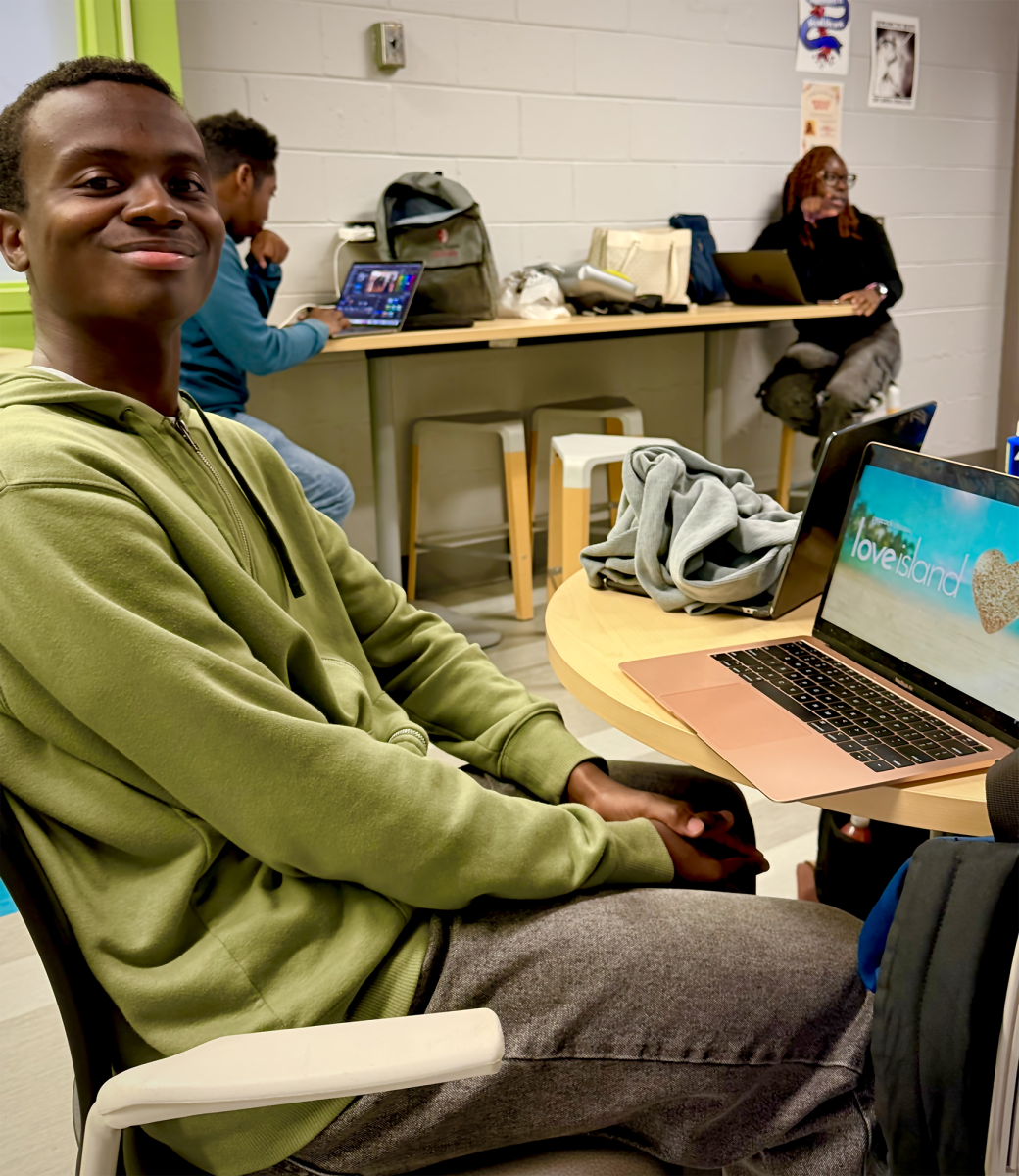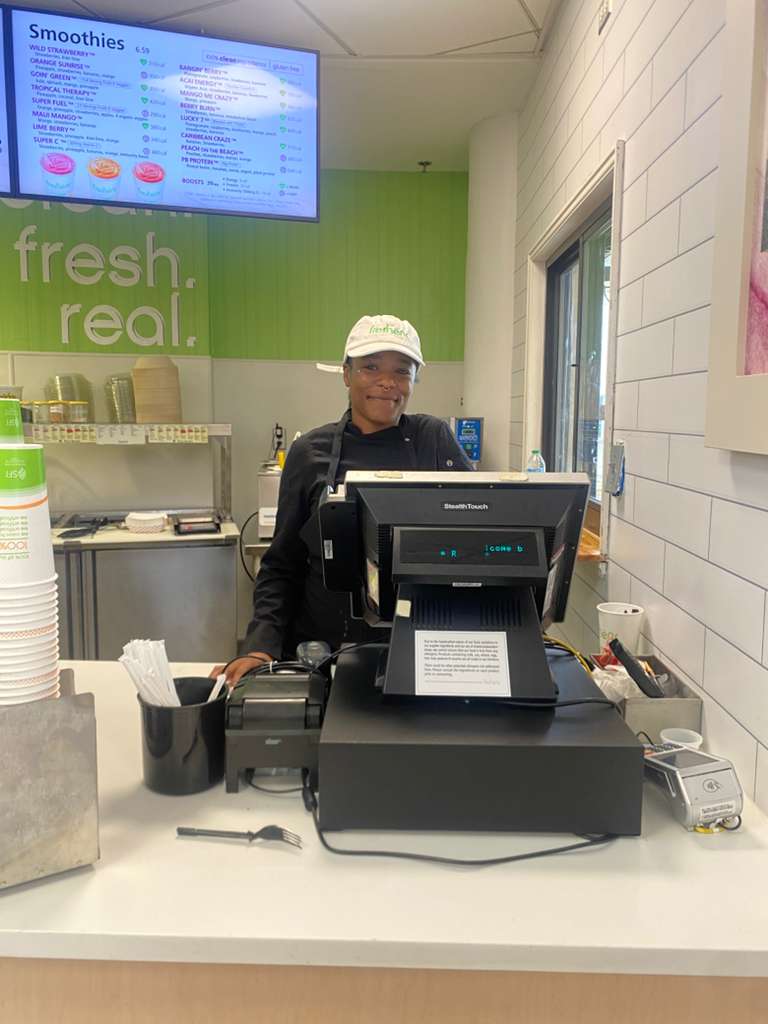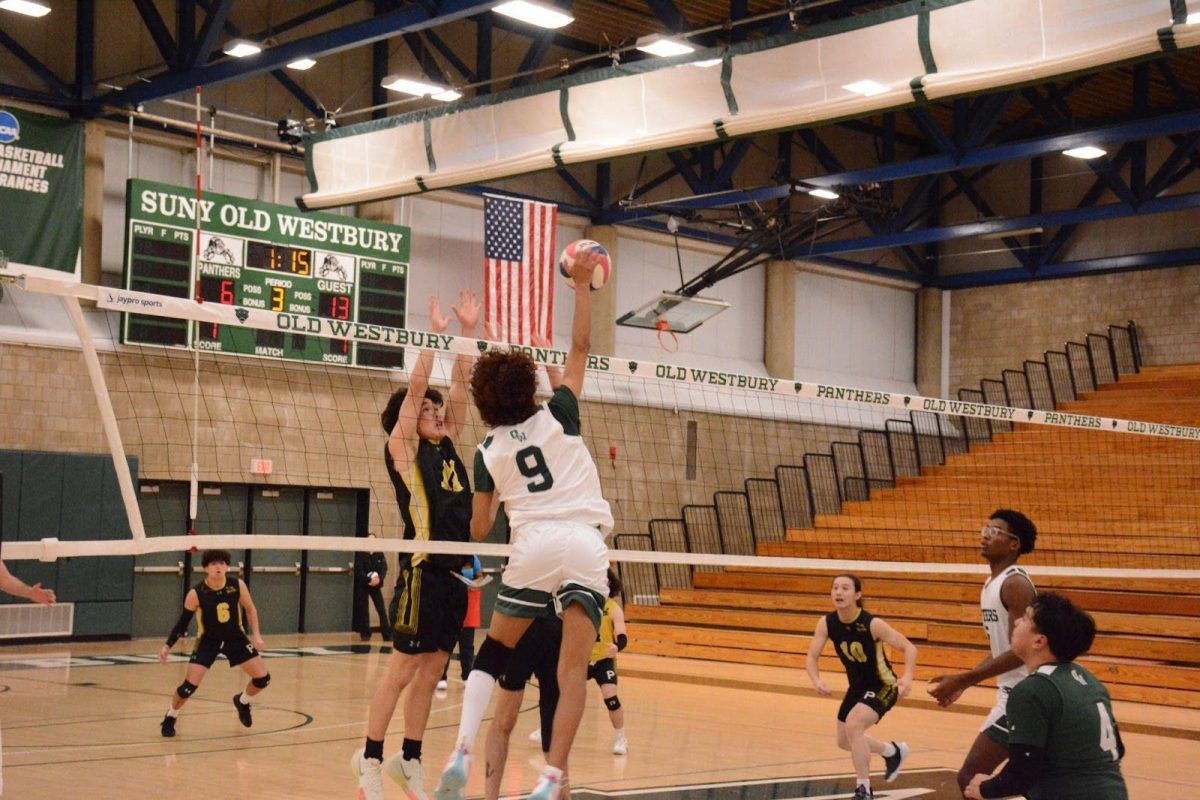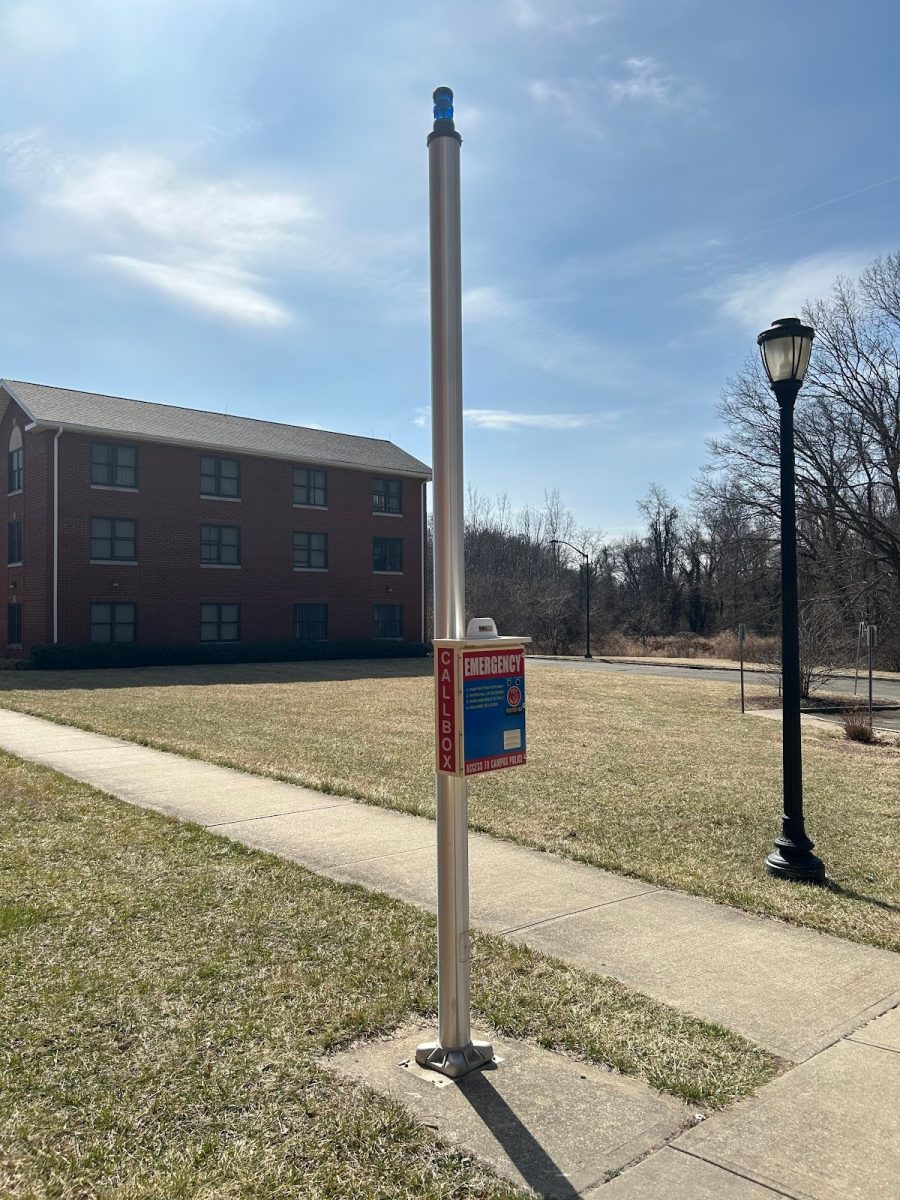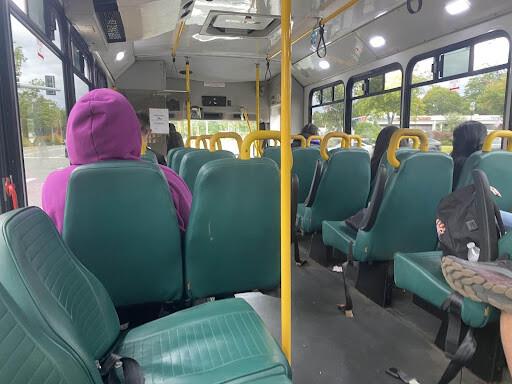The coronavirus pandemic changed the way we live our lives in more ways than one. It has created a time of uncertainty, especially for small businesses that weren’t ready for such a setback.

From March to July, there have been more than 420,000 small businesses permanently closed according to a report by Brookings Institution. It is delicate work handling a business and keeping it afloat; “47% would have to rely on personal funds to fill a 2-month revenue gap, 88% rely on their personal credit score, and only 44% have had a bank loan in the past 5 year,” Steve Hamilton, the author of the report tweeted.
There is a chance for new businesses to counteract the loss of others, but that is only if enough people attempt to open brand-new businesses. Entrepreneurs who struggle have had to reevaluate their business strategies and recreate their business to thrive better during the pandemic. “The challenge here is people don’t know how long or deep this is going to go,” stated Luz Urrutia, the chief executive officer of Opportunity Fund, a nonprofit lender to small businesses, according to Bloomberg.
Jill Justin, the owner of Jill Justin Dance Alliance in New Jersey had almost 500 students weekly attend classes prior to the pandemic. She then had to close her studio, requiring her to develop a strategy to keep her business running. Justin began offering her classes through Zoom, resulting in her revenue dropping by 50%, according to CNBC.
The pandemic has transformed smaller businesses by having owners recreate their strategies and depend on technology more than ever. According to Protocol, new technology such as contactless payments, advanced software, cloud computing, and mobile usage has kept many businesses from having to close and these changes don’t seem to be going anywhere anytime soon.






